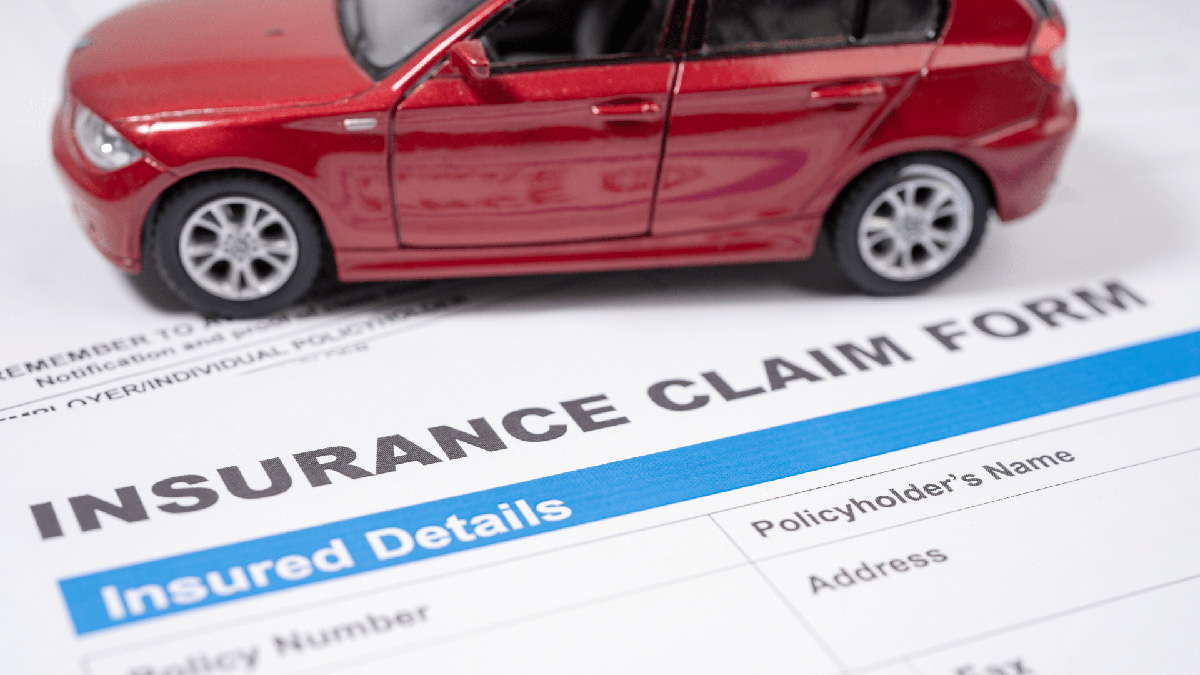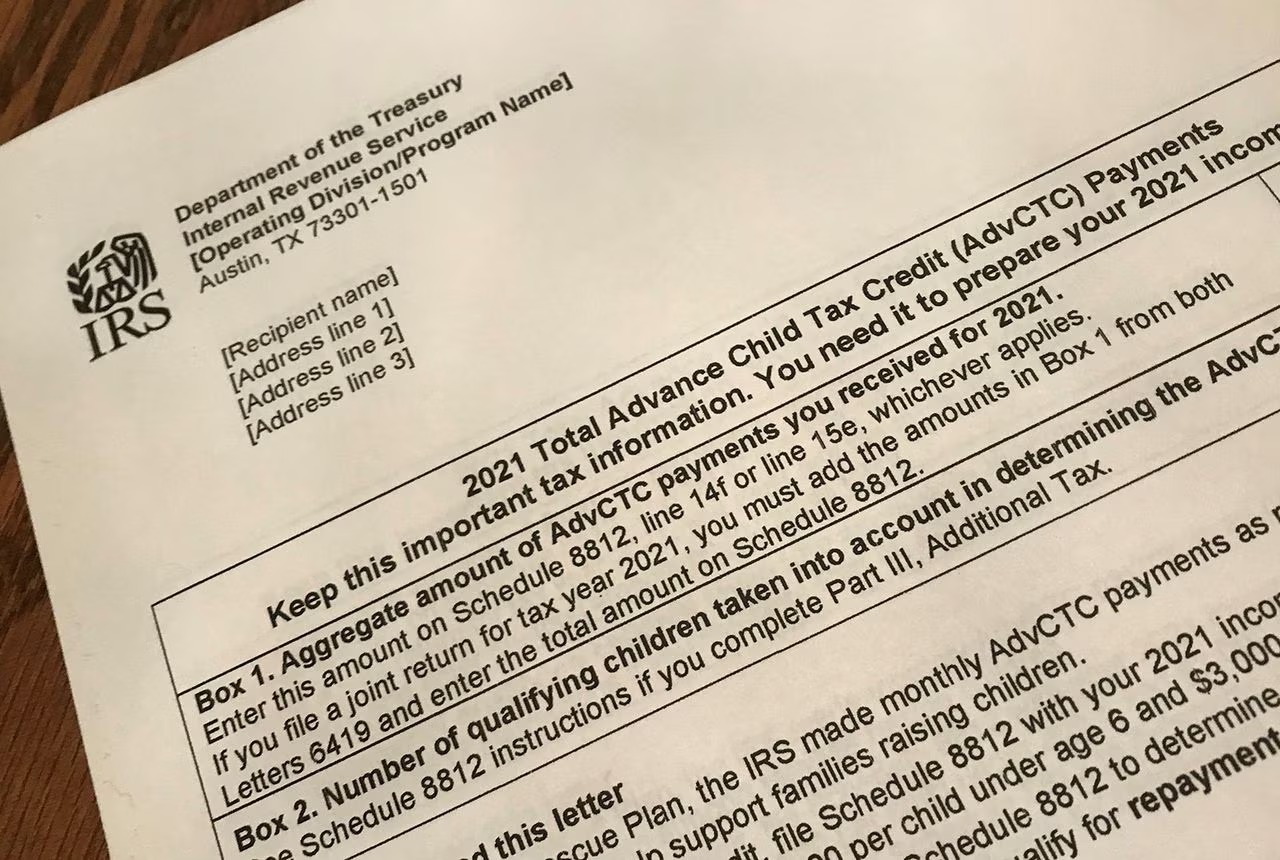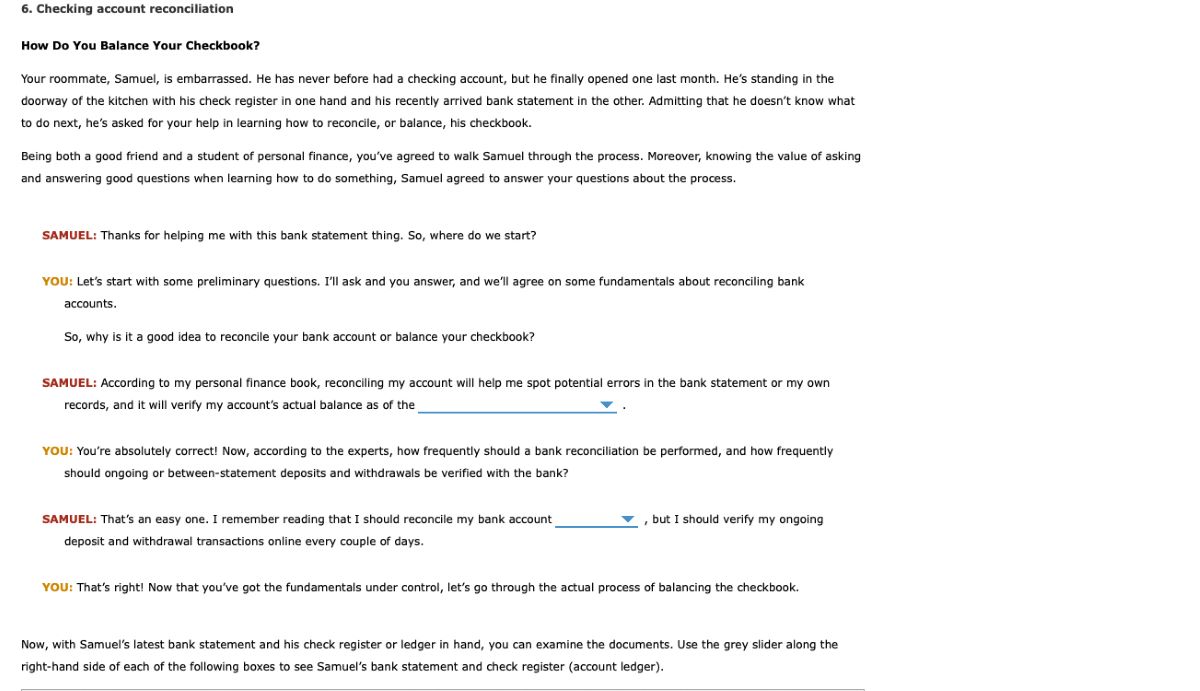

Finance
How Long Will Insurance Pay For A Rental Car?
Published: November 14, 2023
Find out how long your insurance will cover the cost of a rental car and make necessary financial arrangements. Stay informed and plan ahead with our helpful guidance on rental car policies and finance.
(Many of the links in this article redirect to a specific reviewed product. Your purchase of these products through affiliate links helps to generate commission for LiveWell, at no extra cost. Learn more)
Table of Contents
Introduction
When it comes to renting a car, many people wonder how long their insurance will cover the rental. It’s an important question to consider, as rental car coverage can vary depending on your insurance policy and provider. Understanding the factors that determine the length of insurance coverage for a rental car can help you plan accordingly and avoid any unexpected costs.
Insurance coverage for rental cars is typically provided by your auto insurance policy. However, the duration of coverage may differ depending on various factors, such as the type of insurance policy, the reason for renting a car, and the insurance company’s specific rules and regulations.
In this article, we will explore the different factors that determine the length of insurance coverage for a rental car. We will also discuss the time limits imposed by insurance companies, the duration of coverage for different insurance policies, extension options for rental car insurance coverage, and what to do if insurance stops covering the rental car.
Whether you’re renting a car for a weekend getaway, a business trip, or as a temporary replacement for your own vehicle, understanding your insurance coverage is essential. Let’s dive into the details to ensure you’re well-informed on how long your insurance will pay for a rental car.
Factors that Determine the Length of Insurance Coverage
Several factors come into play when determining how long your insurance will cover a rental car. These factors can vary depending on your insurance policy and provider. Here are some key factors to consider:
- Type of Insurance Policy: The type of insurance policy you have plays a crucial role in determining the length of coverage for a rental car. Different policies have different provisions, so it’s important to review your policy documents or contact your insurance provider to understand the specifics.
- Reason for Renting: The reason behind renting a car can affect the insurance coverage duration. For example, if you are renting a car because your vehicle is being repaired after an accident, your coverage may be limited to the time it takes to complete the repairs.
- Insurance Company’s Policies: Each insurance company may have its own rules and regulations regarding rental car coverage. Some companies may offer a set number of days of coverage, while others may provide coverage for the entire duration of the rental period.
- Additional Coverage: It’s important to determine if you have any additional coverage options that extend the length of your insurance coverage for a rental car. Some insurance policies may offer add-ons or riders that provide extended coverage for rental vehicles.
It’s essential to thoroughly review your insurance policy and consult with your insurance provider to fully understand how these factors apply to your specific situation. By doing so, you can ensure that you have adequate coverage for your rental car.
Now that we have explored the factors that determine the length of insurance coverage for a rental car, let’s move on to discussing the time limits typically imposed by insurance companies.
Time Limits Imposed by Insurance Companies
Insurance companies often impose time limits on the coverage they provide for rental cars. These time limits can vary depending on the insurance company’s policies and the specific circumstances surrounding the rental. Here are some common time limits you might encounter:
- Per Day Limit: Many insurance companies provide coverage for a specific number of days, typically ranging from 10 to 30 days, per rental period. Once this limit is reached, you may be responsible for any additional rental costs.
- Per Occurrence Limit: Some insurance policies have a per occurrence limit, meaning they will cover multiple rental periods as long as the total days do not exceed the specified limit. For example, if your policy has a 60-day per occurrence limit and you rent a car for 20 days, return it, and then rent another car for 30 days, you would still be within the coverage limit.
- Overall Coverage Limit: Certain insurance policies have an overall coverage limit for rental cars. Once this limit is reached, no matter how many days or occurrences, the coverage for rental cars may cease.
It’s important to carefully review your insurance policy or consult with your insurance provider to determine the time limits imposed on rental car coverage. Being aware of these limits can help you plan your rental period accordingly and avoid any unexpected out-of-pocket expenses.
Keep in mind that insurance companies may also have specific requirements or conditions that must be met for rental car coverage to apply. For example, the rental car may need to be of a similar size and type as your insured vehicle or may need to be rented from a reputable rental agency.
Now that we understand the time limits that insurance companies impose, let’s explore the duration of coverage for different insurance policies in the next section.
The Duration of Coverage for Different Insurance Policies
The duration of coverage for rental cars can vary depending on the type of insurance policy you have. Here’s a breakdown of the coverage duration for different insurance policies:
- Standard Auto Insurance Policy: Most standard auto insurance policies include some level of coverage for rental cars. This coverage often extends to the rental period while your own vehicle is being repaired due to an accident or is temporarily out of commission. However, the coverage may be limited to a specific number of days, typically between 10 and 30 days.
- Collision and Comprehensive Coverage: If you have collision and comprehensive coverage on your auto insurance policy, your coverage for rental cars may be more extensive. These coverages typically extend to cover the rental vehicle in the event of damage or theft, regardless of the reason for renting the car. However, coverage limitations may still apply, so it’s crucial to review your policy details.
- Rental Car Insurance: Some insurance companies offer specific rental car insurance policies that can be purchased separately. These policies provide coverage exclusively for rental cars and may extend the coverage for the entire duration of the rental period, up to a specific limit set by the policy.
- Credit Card Coverage: Many credit cards offer rental car insurance as a benefit when you use the card to pay for the rental. This coverage typically extends for a limited duration, usually up to 30 days. However, it’s essential to check the specific terms and conditions of your credit card’s rental car insurance to understand the coverage and any limitations.
It’s crucial to review your insurance policy and consult with your insurance provider to understand the duration and extent of coverage for rental cars based on your specific policy. Additionally, if you’re relying on credit card coverage, make sure you understand the terms and conditions provided by your card issuer.
Next, let’s explore extension options for rental car insurance coverage to ensure you have the necessary coverage for the desired rental period.
Extension Options for Rental Car Insurance Coverage
If you find that the standard coverage offered by your insurance policy or credit card is not sufficient for your rental car needs, there are extension options available to provide additional coverage. Here are some common extension options:
- Rental Car Insurance Add-On: Some auto insurance policies offer add-ons or riders that can be added to your policy to provide extended coverage for rental cars. These add-ons may increase the duration of coverage or expand the coverage limits beyond the standard policy.
- Supplemental Liability Insurance: Although rental cars often come with liability coverage, it may be limited compared to what you have on your personal auto insurance policy. Supplemental liability insurance can provide additional coverage for bodily injury and property damage liability while driving the rental car, ensuring you have adequate protection.
- Non-Owned Auto Insurance: If you frequently rent cars or rely on car-sharing services, non-owned auto insurance may be a viable option. This type of insurance covers you when you drive a vehicle you don’t own, such as a rental car or borrowed car, and extends the coverage limits of your personal auto insurance policy.
- Extended Coverage from Rental Companies: Rental car companies often offer their own insurance options, such as collision damage waivers (CDW) or loss damage waivers (LDW), which cover the rental car in the event of damage or theft. These options can provide additional coverage and peace of mind, but it’s important to carefully review the terms, conditions, and costs associated with these offerings.
Before opting for any extension options, it’s crucial to do your research, compare coverage options, and determine if the additional cost is worth the added protection. It’s also important to review the terms and conditions of the extensions to fully understand what is covered and any limitations or exclusions that may apply.
Now that we’ve discussed extension options for rental car insurance coverage, let’s explore what you should do if your insurance stops covering the rental car.
What to Do If Insurance Stops Covering the Rental Car
If your insurance coverage for a rental car comes to an end or your insurance company stops covering the rental car, there are several steps you can take to ensure you stay protected and minimize any potential financial liabilities:
- Review Your Policy: First and foremost, review your insurance policy documents to understand the reasons for the coverage termination. It could be due to reaching the specified coverage limit or expiration of the rental period. Understanding the terms of your policy will help you make informed decisions.
- Contact Your Insurance Provider: If you believe there has been an error or miscommunication regarding the coverage termination, reach out to your insurance provider. Discuss the situation with them and provide any necessary documentation to demonstrate the need for continued coverage.
- Consider Alternative Insurance Options: If your insurance stops covering the rental car, explore alternative insurance options. This could include purchasing a separate rental car insurance policy from your insurance company, exploring coverage options from rental car companies, or utilizing your credit card’s rental car insurance benefit.
- Assess Rental Car Company Coverage: Check the coverage options offered by the rental car company itself. They may have their own insurance options, such as collision damage waivers (CDW) or loss damage waivers (LDW), which can provide coverage in case of damage or theft.
- Consider Additional Protection: If you opt for additional insurance coverage, carefully review the terms, conditions, and costs associated with the options available to you. Choose the coverage that best fits your needs and budget.
- Drive Responsibly: Even if your insurance stops covering the rental car, it’s essential to continue driving responsibly and take precautions to minimize any potential risks. Obey traffic laws, drive defensively, and park the car in safe and secure locations to reduce the chances of accidents or theft.
Remember, the key to protecting yourself in case of insurance coverage termination is to be proactive and informed. By exploring alternative insurance options and driving responsibly, you can mitigate potential financial risks and enjoy a worry-free rental car experience.
Now, let’s summarize what we’ve discussed so far.
Conclusion
Understanding the length of insurance coverage for a rental car is crucial for planning your rental period and avoiding any unexpected costs. Several factors, including the type of insurance policy, reason for renting, and the insurance company’s policies, can determine the duration of coverage. Additionally, time limits imposed by insurance companies, such as per day limits or overall coverage limits, may apply.
Standard auto insurance policies, collision and comprehensive coverage, rental car insurance policies, and credit card coverage all offer varying durations of coverage for rental cars. Extension options, such as add-ons to your insurance policy or supplemental liability insurance, can provide additional coverage if needed. Rental car companies also often offer their own insurance options for extra protection.
If your insurance stops covering the rental car, it’s important to review your policy, contact your insurance provider, and consider alternative insurance options. The rental car company’s coverage, as well as additional protection options, should be evaluated to ensure proper coverage and minimize financial liabilities. Driving responsibly and following traffic laws remains essential, even if insurance coverage terminates.
In conclusion, by understanding the factors that determine the length of insurance coverage, being aware of time limits imposed by insurance companies, exploring extension options, and taking necessary steps if coverage stops, you can ensure adequate protection and peace of mind during your rental car experience.














